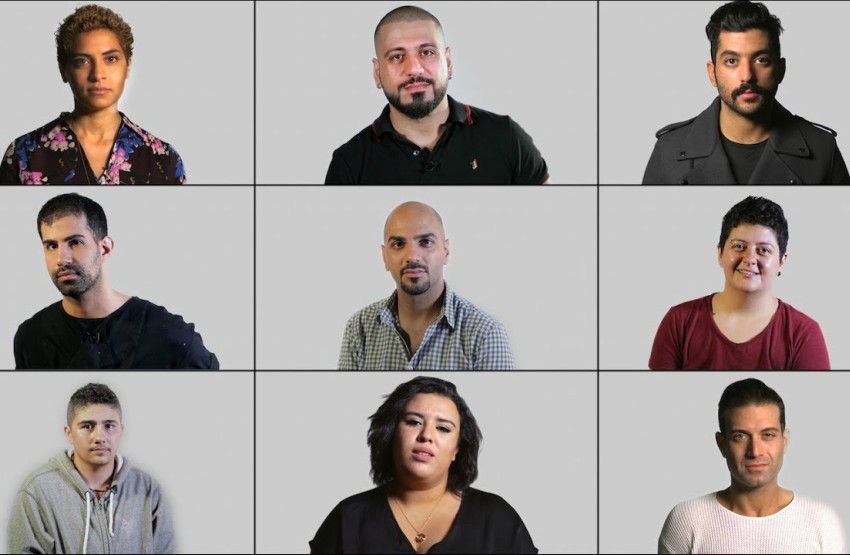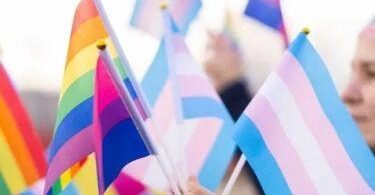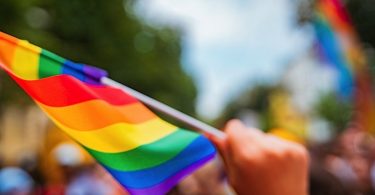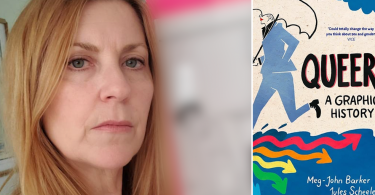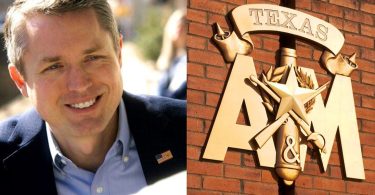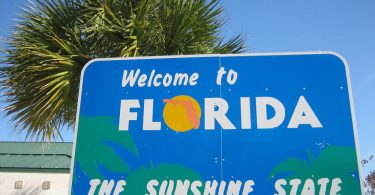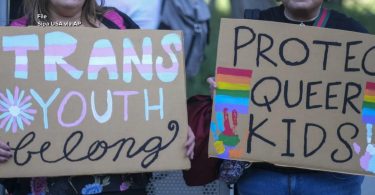Some of the activists feature in a new video series about life as an LGBT person in Arabic-speaking countries in the Middle East and North Africa. | Photo: YouTube
Arabic-speaking LGBT people from the Middle East and North Africa are bravely speaking out about their plight.
They want to take control of their own narratives and tell the world, they are more than victims.
Activists from Arabic-speaking countries in the region have been brought together to explain what life is like for them.
Some of them are high profile, such as Hamed Sinno, the openly gay lead singer of the Lebanese band Mashrou’ Leila.
‘We don’t want the image anymore of just being victims,’ says Zoheir, a gay activist from Algeria.
‘We want to speak about reality, speak about violence, but also to [show what is] positive.’
“The only option is to come to terms with yourself and embrace yourself.” Hajar Moutaouakil on being an out lesbian from Morocco. #NoLongerAlone https://t.co/dMQ3KNSvea
— Neela Ghoshal (@NeelaGhoshal) April 16, 2018
The activists are ‘defying state-sponsored repression and social stigma’ to share their stories. That’s according to Human Rights Watch (HRW) and the Arab Foundation for Freedoms and Equality (AFE). The two organizations collaborated on report and video series about LGBT activism in the region.
HRW and AFE interviewed 34 activists from 16 Arabic speaking countries, with 18 of those appearing in the video series.
What is life like for LGBT from those countries?
Many of the activists live in countries where it’s not only illegal to be gay, but in cases such as Egypt, face severe punishment from authorities for their sexuality.
Even though there’s a lot of positives that the activists would like to share with the world, they still endure tough conditions.
So proud of everyone involved in this video. Strength and solidarity ✌ https://t.co/99MnzH7Sc3
— Elias Jahshan (@Elias_Jahshan) April 17, 2018
Activists in the region face obstacles like; the criminalization of same-sex conduct and gender non-conformity, arbitrary arrests and ill-treatment, lack of recognition of transgender people, violence, restrictions on freedom of expression and association, family rejection and social stigma.
But the activists persevere and are encouraging young LGBT people to stand up for themselves.
‘Religious figures, the government, your parents – they all want to have a say in what you do between your legs,’ says bisexual woman, Rima, from Lebanon.
‘I want to tell you it’s none of their business and that your body, your desires, and your ideas are yours alone. If they don’t like what you are, they are wrong.’
After Egypt’s crackdown on the LGBT community last year ‘activists demonstrated creativity and dynamism even in such a difficult situation’.
‘Forming new coalitions to respond to the crackdown, providing emergency shelter for LGBT people being hounded by the police, and galvanizing international pressure on the Egyptian government,’ says HRW.
Creative ways to protect the gays (and all LGBT people)
Now the activists have an opportunity to share how they promote their community and push for equal rights in their respective countries.
‘I am a human like everyone else, and I have rights. I will defend those rights,’ says Ahmed, a Libyan gay man.
“I was feeling like the only gay person in the world” ~ Khalid Abdel-Hadi, director of @mykali_mag #Jordan
Do you feel the same? Listen to LGBT voices from the Middle East & North Africa and know that you are #NoLongerAlone https://t.co/waSu1iwgp6
3/9 pic.twitter.com/reK8U9Z2dU— Human Rights Watch (@hrw) April 16, 2018
Changing political landscapes and limited resources force activists to creative in their work.
In Oman, one man and his friends started small parties for gay guys. So they could ‘meet and network in a safe space, so that they can help each other in the future’.
A trans activist in Kuwait train LGBT people on digital security, working out of people’s houses.
Then over in Jordan, a number of activists are using theater and other arts to raise awareness about sexual orientation and gender identity among LGBT communities themselves and in some cases, the general public.
The activists admit there is a struggle, but there are many good things they want to celebrate too.
‘It’s hard when you are young,’ says Mashrou’ Leila’s Hamed Sinno. ‘And it stays hard, but it gets easier.’
No Longer Alone
HRW hopes the video series will empower young LGBT people. HRW wants them to be empowered to not only fight for their rights, but to also access the support of organizations and activists in the region.
[embedded content]

